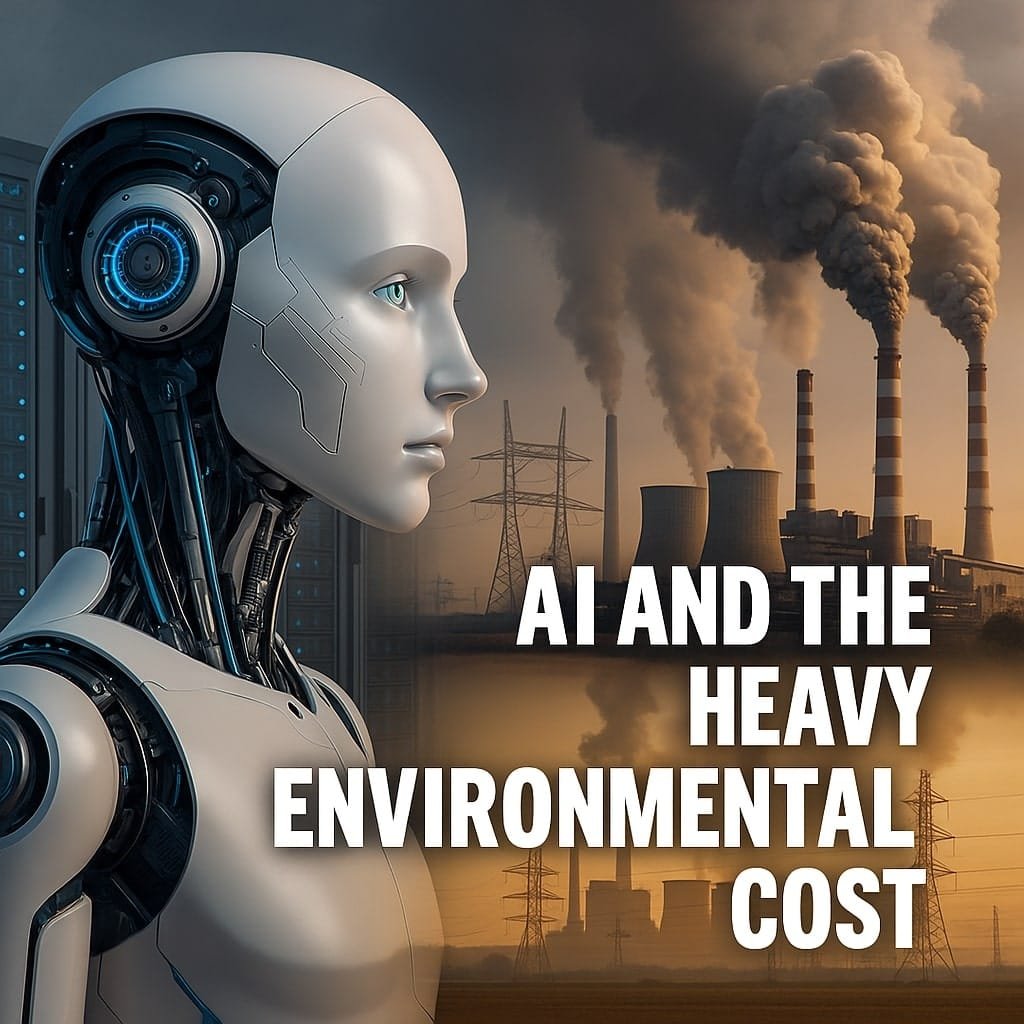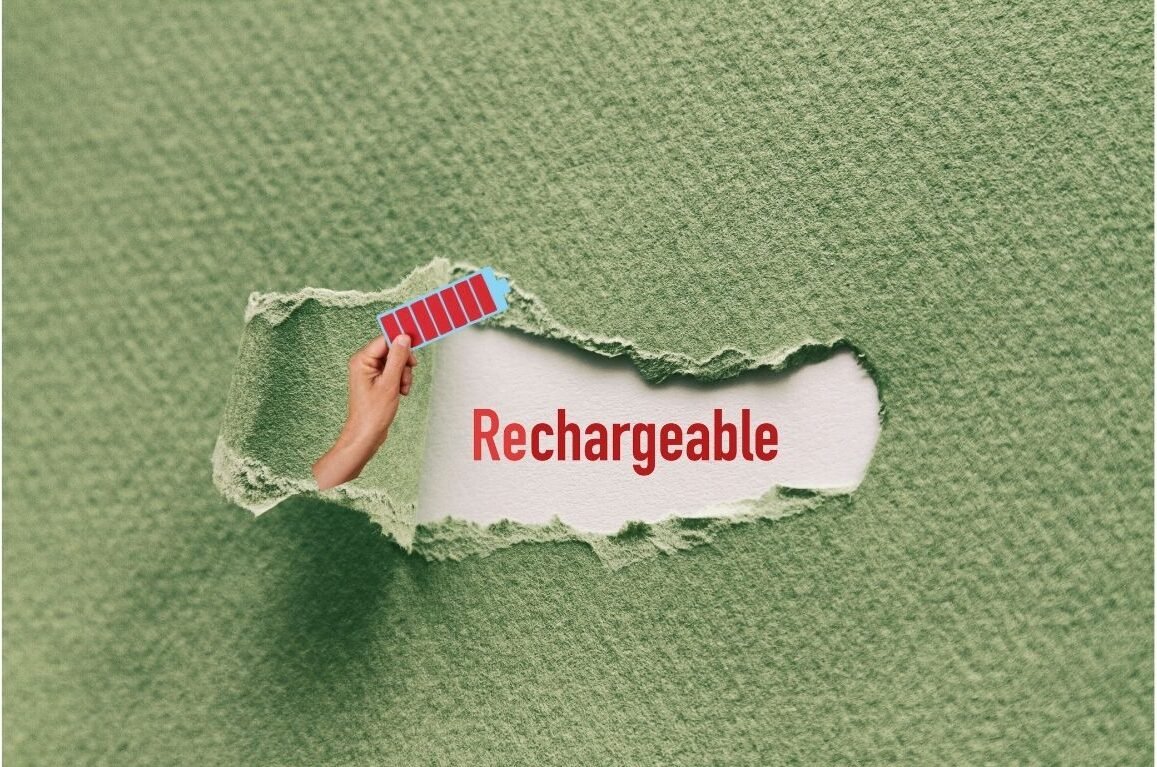I want to speak from the heart for a minute because I’m part of the problem and I want to be part of the solution.
I love AI. Tasks I used to dread or that took forever now happen faster, smarter, and smoother. It’s made my life easier in ways I never imagined, but there’s a cost to all this convenience. A big one.
What’s happening behind the scenes
Tech giants like Google, Microsoft, Meta, Amazon, OpenAI, and xAI (founded by Elon Musk) are in a race to build bigger and faster AI systems. The faster they train their models, the more users and data they control, which means massive data centers running nonstop.
These facilities need enormous amounts of power, and most of it still comes from fossil fuels. For example, xAI’s facility in Memphis runs on dozens of methane gas turbines, which are basically small power plants.
According to the International Energy Agency (IEA), AI-driven data centers could consume around 945 terawatt-hours (TWh) of electricity by 2030. That is about the same as Japan’s entire yearly electricity use. In the United States, data centers already use more than 4 percent of the country’s electricity, and over half of that energy comes from fossil fuels, releasing about 105 million tons of CO₂e in 2023.
So while we enjoy faster and smarter technology, behind the scenes we are burning more gas, releasing more carbon, and slowing progress toward clean energy.
If you think global warming isn’t caused by us, it is
Take Alaska, one of the fastest-warming places on Earth. It is heating up about two to three times faster than the global average. Scientists are seeing melting glaciers, collapsing permafrost, landslides, and entire coastlines eroding.
And it’s not just Alaska. The signs are everywhere.
In 2025, the United States faced more than 400 billion-dollar climate disasters, costing over 2.9 trillion dollars and claiming nearly 17,000 lives.
Massive wildfires in Canada’s Alberta and Saskatchewan forced evacuations and filled the skies with smoke.
Monsoon floods in Pakistan were 10 to 15 percent heavier than normal because of global warming.
Heatwaves in Southern Europe reached 45 to 50 degrees Celsius, sparking huge wildfires across the Mediterranean.
In the Arctic, glaciers are retreating fast and reshaping entire landscapes.
This is not far away or in the future. It is happening now, and we can all feel it in stronger storms, hotter summers, and unpredictable seasons.
My message to you
I enjoy technology and modern life just like everyone else, but that doesn’t mean I get to ignore its impact. Using AI doesn’t make us bad people. Pretending it’s harmless does.
If we want a livable future for ourselves, our kids, and this planet, we need to pay attention to how our comfort is built. A small shift in awareness can create big change.
What we can actually do
Aside from signing petitions like “Save Our Planet: Demand OpenAI Commit to Sustainable AI Infrastructure” on Change.org, here are real actions that make a difference:
Ask tech providers where their energy comes from.
Many apps and platforms list sustainability reports. If they are not using renewables, ask why or support those that do.Support clean-energy policies for data centers.
These companies should be required to disclose their power and water use and commit to renewable energy instead of fossil fuels.Cut “always-on” habits.
Turn off idle devices, stream at standard quality, and upgrade tech only when needed. These small choices reduce the load.Support local green projects.
Tree planting, native landscaping, and green roofs actually cool communities and offset emissions.Use your voice.
Talk about this with your friends, online, or at work. Ask questions like, “What powers the tech we use?” Awareness can change culture faster than we think.
I’m grateful for everything technology gives us, but that doesn’t mean I get a free pass. If each of us makes one small change or inspires someone else to care, the ripple effect grows, and maybe we can turn this into an issue big enough that these tech giants, and other corporations too, know we’re watching, paying attention, and holding them accountable instead of staying distracted like hamsters in a wheel chasing the next new gadget or comfort.





